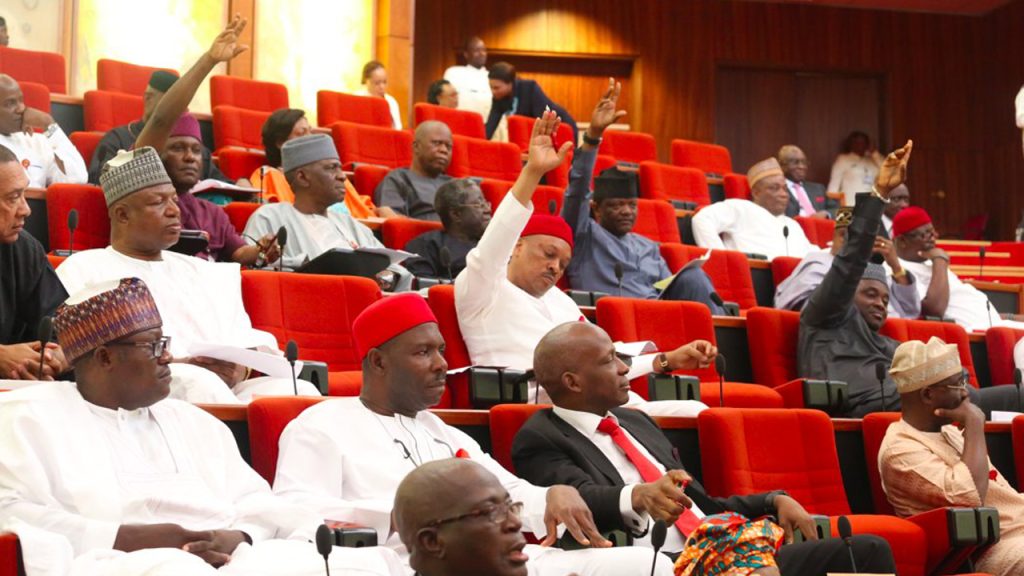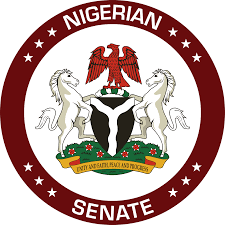On Wednesday, the Nigerian Senate approved the second reading of an amendment to the 2024 Appropriation Act, amounting to N6.2 trillion in capital and recurrent expenditures for the fiscal year.
Senator Michael Bamidele Opeyemi presented the revised bill, specifying N3.2 trillion for capital spending and N3 trillion for recurrent costs, to be utilised by the end of 2024.
Senator Adamu Aliero, representing Kebbi South, supported the amendment, highlighting its alignment with the Renewed Hope Agenda and its provision for crucial projects not covered in the original Act. He emphasised the amendment’s inclusion of provisions for the ongoing minimum wage negotiations with labour, urging swift passage to avert strikes.
In contrast, Senator Seriake Dickson expressed reservations, cautioning against rushing the bill to prevent potential errors. He referred to previous public criticism of hastily passed bills and advocated for careful legislative handling to avoid similar scrutiny.
Dickson also opposed suggestions to merge the Appropriation Act amendment with the 2023 Finance Act amendment, emphasising distinct legislative considerations.
He said, “Let it not be that without the experts and critical stakeholders participating in public hearings. I think that we should be very cautious when we are discussing taxation and even these banks we intend to generate N500 billion are all running around to meet recapitalisation. These are two critical bills.”
Senator Sani Musa, representing Niger North under the ruling All Progressives Congress, asserted that banks accrue substantial profits evident from their annual reports. He attributed these profits to effective government policies, suggesting that taxing banks should not pose a challenge.
“I think banks should be well taxed because they make this profit out of the pronouncement made by this government. The reason for removing oil subsidy, the reason for abridging the gap is for the good of this country.”

After contributions from other senators supporting the amendment to the Act, Deputy Senate President Jibrin Barau, who chaired the session, conducted a voice vote, resulting in its approval for the second reading.


